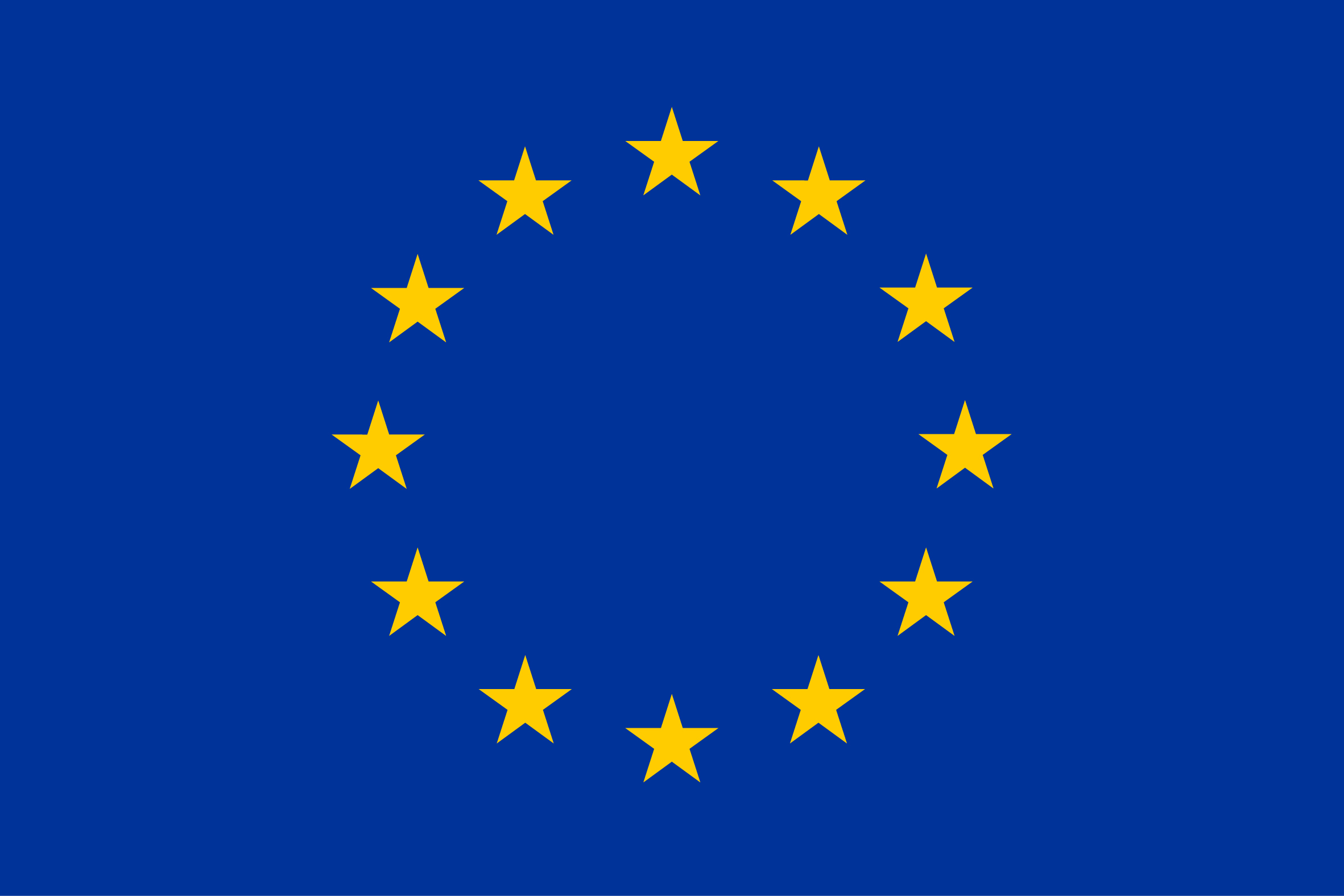OCTCHIP - Ophthalmic OCT on a Chip
A research team consisting of engineers and scientists from European research institutions and from industry will be developing new technologies for low-cost, miniaturized, integrated optical coherence tomography (OCT) and test it for the diagnosis of eye diseases together with medical doctors from the General Hospital Vienna.
The goal is to dramatically reduce the costs, while at the same time increase the performance of OCT technology that is well-established as an imaging modality for the diagnosis and treatment monitoring of important eye diseases such as age-related macula degeneration (AMD), diabetic retinopathy (DR) and glaucoma. It is the hope that this technological jump will improve ophthalmic care but also open the door to new applications of OCT in medical diagnostics and beyond.
Better, smaller and cheaper
The size and cost of an OCT system can be significantly decreased by the use of photonic integrated circuits, which monolithically integrate optics and electronics on a single chip.
In addition to its low cost and small footprint, this approach provides mechanical stability due to its monolithic and essentially alignment-free construction. On top of that, the use of integrated optics and electronics provides a significant manufacturing scalability advantage arising from the micro-fabrication processes (the envisaged silicon-based platform).
The Fraunhofer IIS leads the development of the integrated readout electronics. The IIS is developing fast, low-noise transimpedance amplifiers, high performance analog to digital converters and high-speed serial drivers, which are a key requirement for the integration of optical and electrical components. The long history of the Fraunhofer IIS in CMOS integration of high performance ASIC and IPs fits perfectly to the photonic expertise provided by the Austrian Institute of Technlogy (AIT). The AMS AG is the manufacturing partner within this project, which combines photonics and electronics on the same silicon die.
OCTCHIP is financially supported by the European Commission.
More information on the project website
